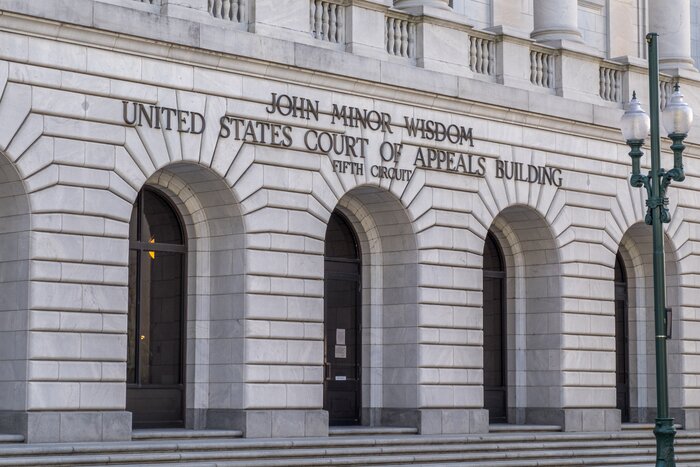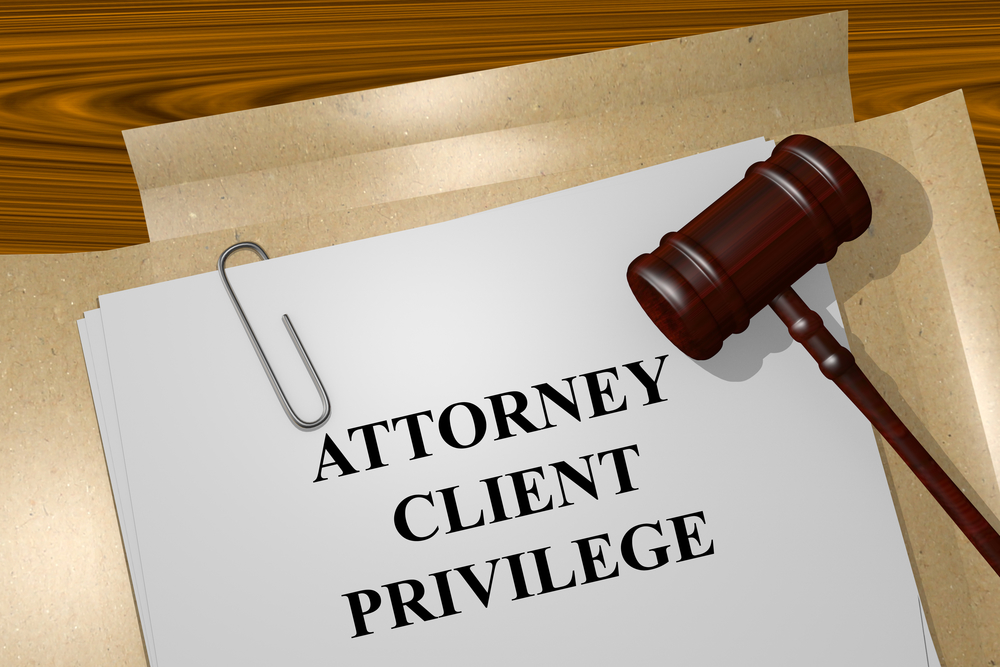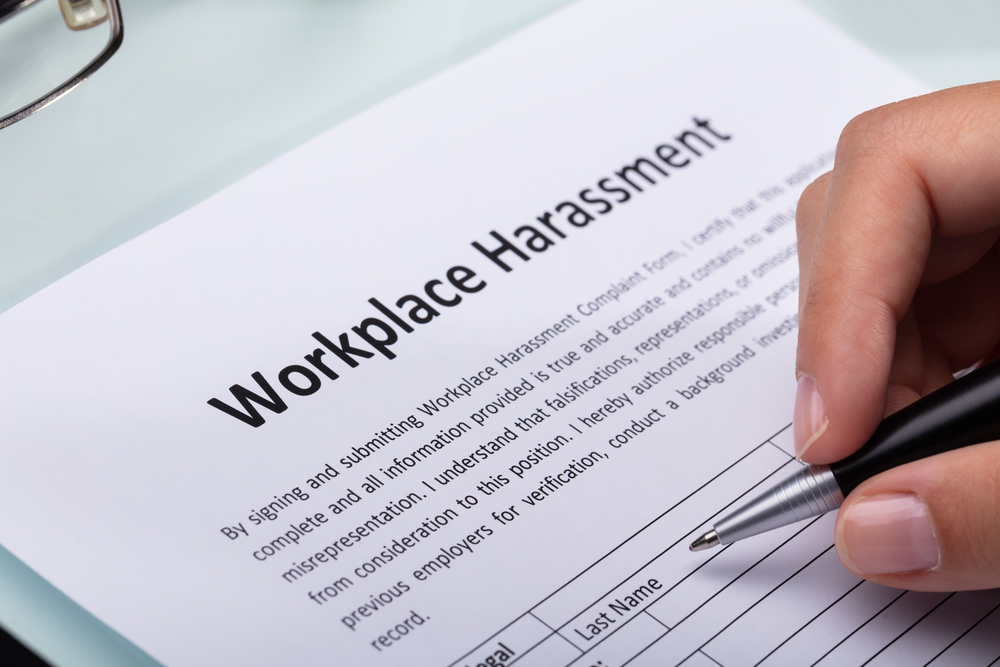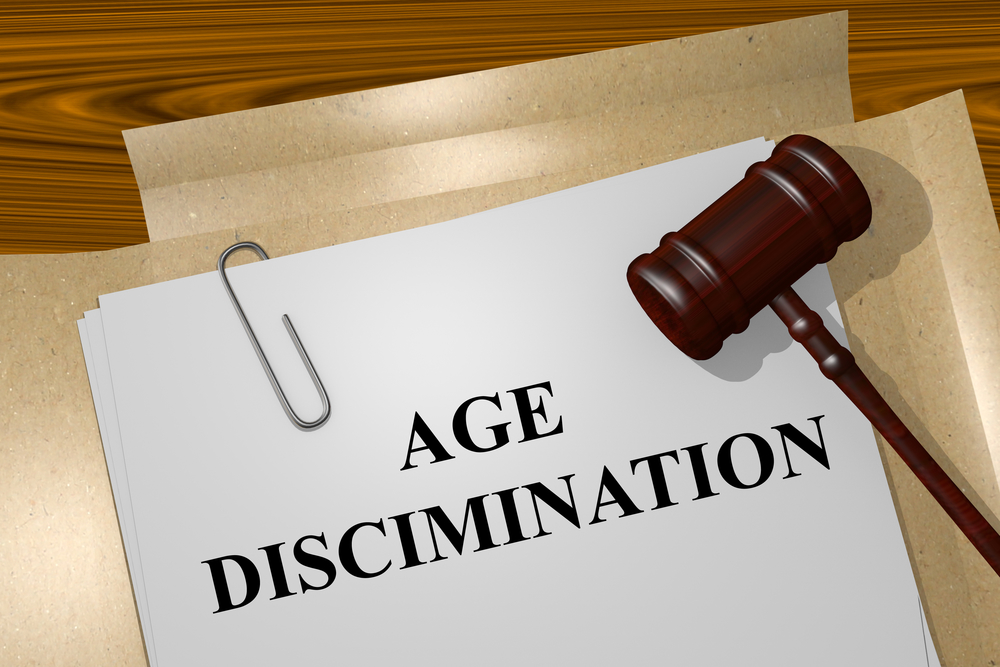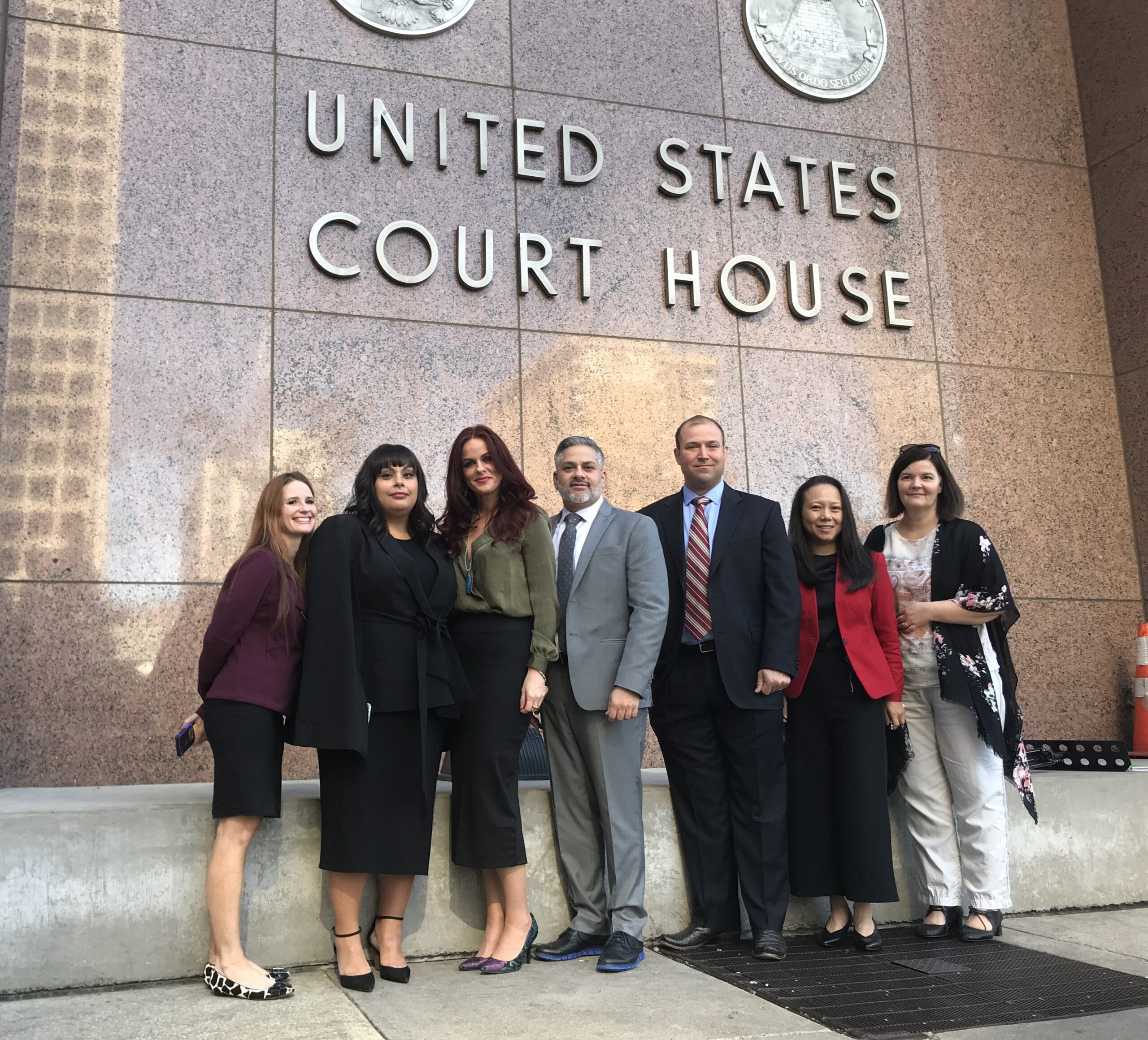 By Shaloni Pinto and Aimee Christianson
By Shaloni Pinto and Aimee Christianson
{Read in 4 minutes} Ms. Norris Babb alleges that her employer, the Department of Veterans Affairs, denied her advancement opportunities due to her age and gender, and retaliated against her after she filed complaints about the issue. If Ms. Babb was an employee in the private sector, she would have to test these allegations against the tried-and-true standards set by court precedent. Ms. Babb, however, is a federal employee, and the courts do not have a clear standard about how she can prove her age discrimination claim.
The federal-sector provision of the Age Discrimination in Employment Act of 1967 (ADEA), 29 U.S.C. §633a(a), states that any personnel actions which affect agency employees forty or older must be free from age discrimination. The “free from” wording within the law is unique to the provisions of the federal sector. The Court will answer whether a federal employee has to prove that an action was discriminatory but for her age.
Unlike public employers, private employers cannot make decisions “because of” an employee’s protected class. Both Congress and the courts have deliberated and set precedents on the standard a plaintiff must use to have a valid claim of employment discrimination. Employees in the private sector can either use the “but-for” standard or the motivating factor standard to confirm their allegations of employment discrimination. A motivating factor standard is lenient; it only requires the plaintiff to show that bias relating to their protected class influenced their employers.
Let’s examine Ms. Babb’s case to illustrate the difference between the “but-for” and “motivating factor” standard.
- If the Court holds that federal employees under the ADEA must use the “but-for” standard, then Ms. Babb will have to prove that she would have been promoted, if not for her age.
- Whereas if Ms. Babb used the motivating factor standard, she would have to prove that her age was a factor within a list of other factors that the employer used to deny her opportunities for advancement.
The “but-for” standard is stricter because Ms. Babb (as a plaintiff) must investigate the motivations of the employer and put forth an explanation that ties the other party’s decision-making to the age factor.
While the federal government has argued for the stricter “but-for” interpretation, Plaintiff Babb argues that the motivating factor standard should extend to federal employees. Now, the Court must decide whether federal employees have to abide by the stricter “but-for” standard or whether a motivating factor standard is permissible.
The circuit courts have given conflicting rulings on the issue. The DC Court of Appeals has held that the motivating factor is a valid standard for federal employees. Agencies like The Equal Employment Opportunity Commission (EEOC), charged to enforce the ADEA, have followed this precedent. Yet, other federal appeals courts like the Ninth and Eleventh Circuit have adhered to a stricter standard, holding that the “but-for” causation is the only way to allege age discrimination as a federal sector employee. Thus, this decision by the Supreme Court will resolve the conflicts among the circuit court of appeals and decide whether federal employees over forty need to adhere to a strict standard when alleging age discrimination.
Reference: Babb v. Wilkie, 2019 U.S. LEXIS 4444

